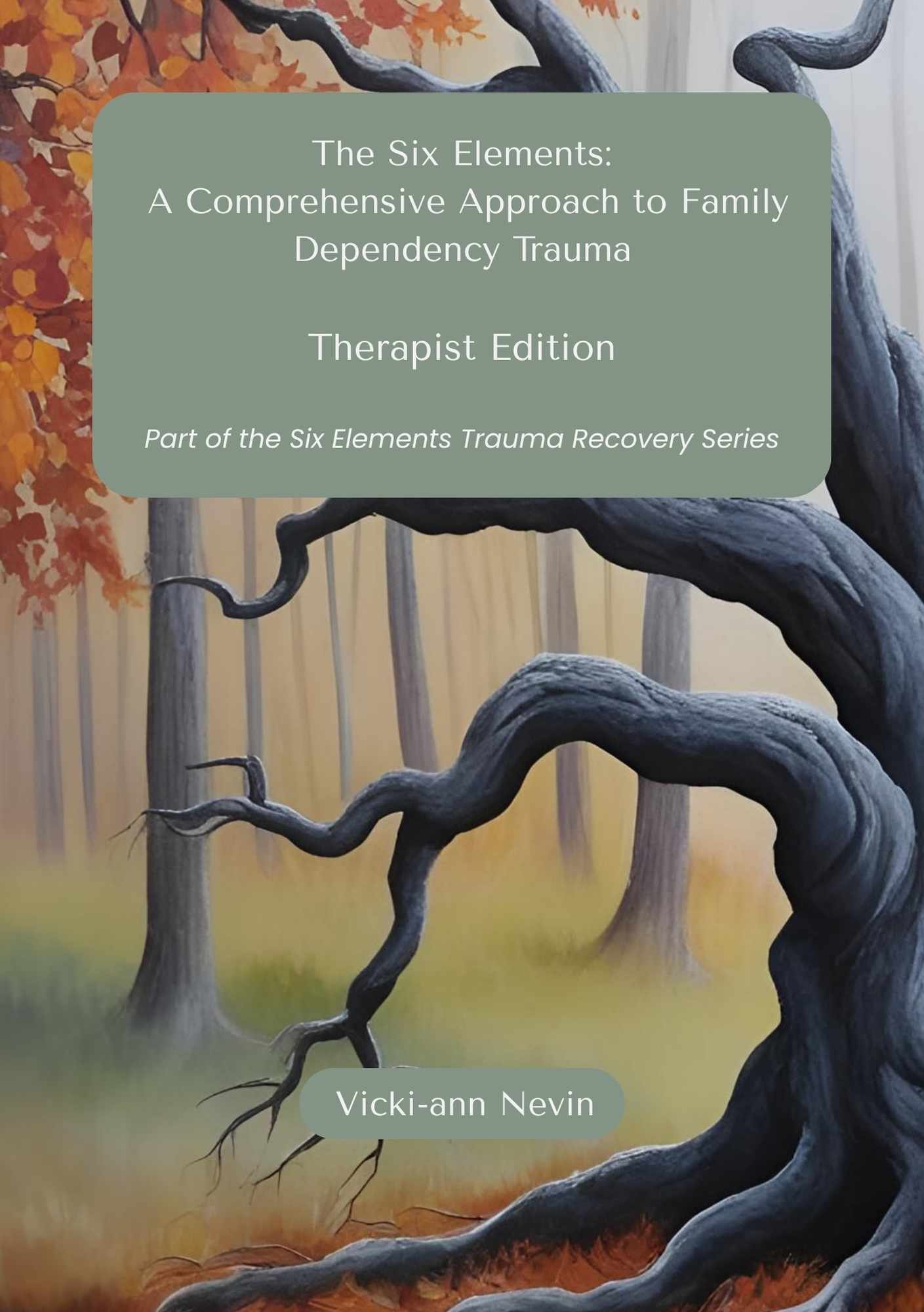Working with Co-dependency Denial Patterns
Understanding Denial in Clients with a History of Parental Addiction
For therapists supporting adults who grew up with parents or caregivers struggling with substance use or other dependencies, denial patterns are a central theme in codependency. These patterns often develop as survival strategies in response to unpredictable, neglectful, or chaotic environments. Children in such families frequently learn to ignore or minimise their own needs and emotions, focusing instead on managing the moods and behaviours of the adults around them.
Michael’s Story: A Window into Denial
Consider Michael, whose upbringing was marked by both parents’ alcoholism. He and his siblings were left to fend for themselves, with his eldest sister stepping into a caregiving role. Now an adult, Michael repeatedly falls in love with unavailable people, convinced against all evidence that his feelings are reciprocated. When conversations approach the topic of his childhood, he quickly changes the subject, insisting it was “no big deal.” Michael’s emotional range seems limited to anger and laughter, and he struggles to identify or express deeper feelings.
This pattern is not uncommon among those raised in families affected by addiction. Denial becomes a protective mechanism, shielding individuals from overwhelming pain and vulnerability. Michael’s persistent attraction to unavailable partners may reflect a deep-seated fear of intimacy and rejection, shaped by early experiences where emotional needs were unmet or unsafe to express.
I often picture them as trees that have grown in harsh conditions. Instead of reaching confidently toward the light, this branch has twisted toward survival, shaped by the need to adapt rather than thrive. The scars of early wounds are not always visible in the trunk, but they are present in the way the branch bends, in decisions made from fear, in hesitations rooted in shame, and in the guilt that surfaces when they try to nourish themselves first. In my workbook, I describe five distinct branches of co-dependence, each one representing a way the tree has grown around past pain. You can read more about those five branches here.
Common Denial Patterns in Codependency
Therapists may observe the following denial-related behaviours in clients from such backgrounds:
Difficulty identifying or naming feelings
Minimising, altering, or denying emotional experiences
Perceiving oneself as entirely unselfish and devoted to others’ wellbeing
Lacking empathy for others’ needs
Labelling others with negative traits while avoiding self-reflection
Believing they can manage alone and do not need support
Masking pain through anger, humour, or withdrawal
Expressing negativity or aggression indirectly
Failing to recognise the unavailability of those they are drawn to
These behaviours are often automatic and rooted in childhood adaptations to maintain safety and connection in a dysfunctional environment.
Therapeutic Approaches to Addressing Denial
Recovery from denial patterns involves gently guiding clients towards self-awareness and self-compassion. Techniques such as mindful journaling can help clients begin to notice and name their feelings, creating a safe space for self-reflection. Trauma-informed therapy, grounding exercises, and building a supportive network are also valuable tools.
It’s important to remember that denial served a protective function when clients were young. Moving beyond it requires patience and a non-judgemental approach, allowing clients to gradually reconnect with their authentic selves and learn new ways of relating to others.
Key Points for Therapists
Denial in codependency is a learned defence, not a character flaw.
Clients may minimise their past or current distress, making gentle exploration essential.
Building trust and safety in the therapeutic relationship is crucial for clients to risk facing difficult truths.
Encouraging self-compassion and gradual self-exploration supports lasting change.
By understanding and addressing denial patterns, therapists can help clients like Michael move from surviving to thriving, fostering healthier relationships with themselves and others.
If you’re interested in taking this work further-either for your own development as a therapist or to support your clients more effectively-I invite you to explore my workbook. This resource is designed specifically for those working with adults who grew up in families affected by addiction or dependency. It offers practical exercises, reflective prompts, and step-by-step guidance to help uncover and address the roots of codependent patterns.
Tools for Clients Struggling with Denial
Whether you’re seeking tools to use in your practice, or looking for structured material to recommend to clients, This workbook provides a comprehensive framework for understanding and healing from the impact of growing up with parental addiction. You’ll find strategies for recognising denial, building emotional awareness, and supporting the journey from surviving to thriving.


